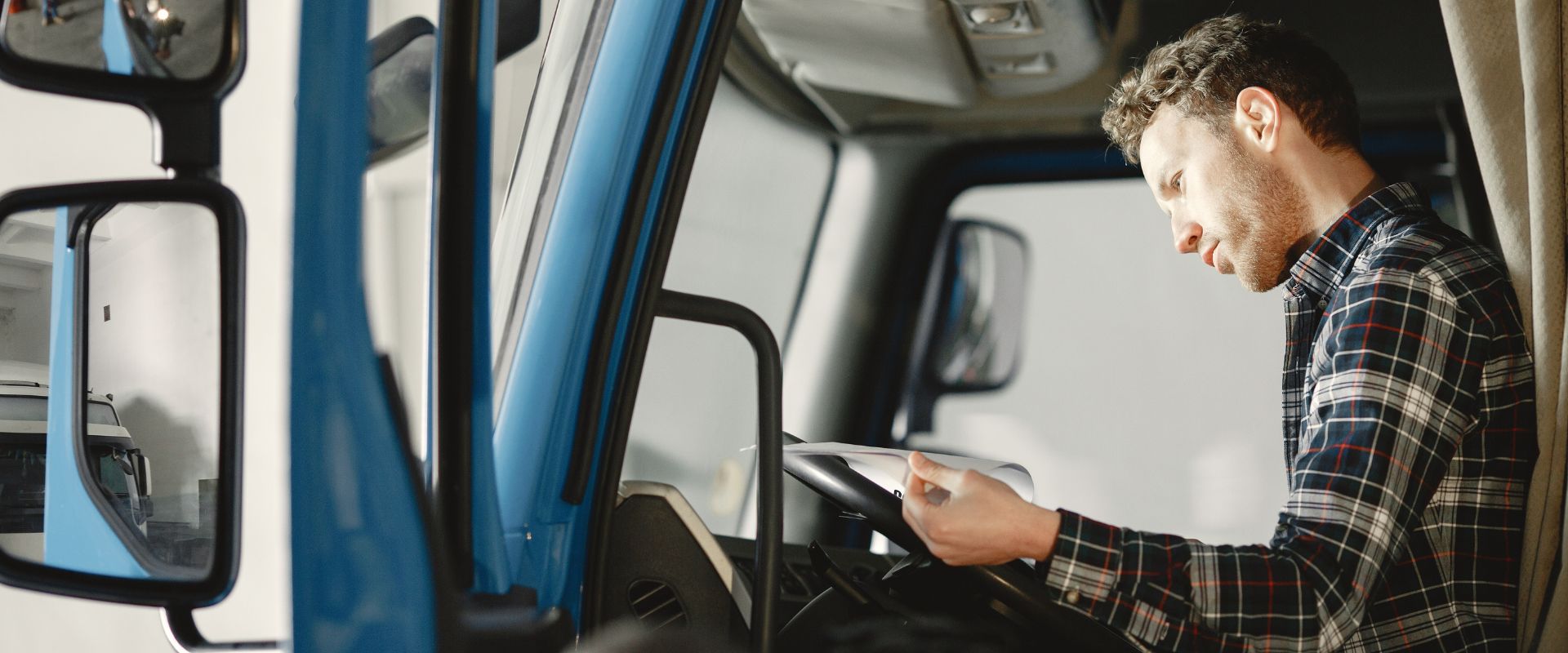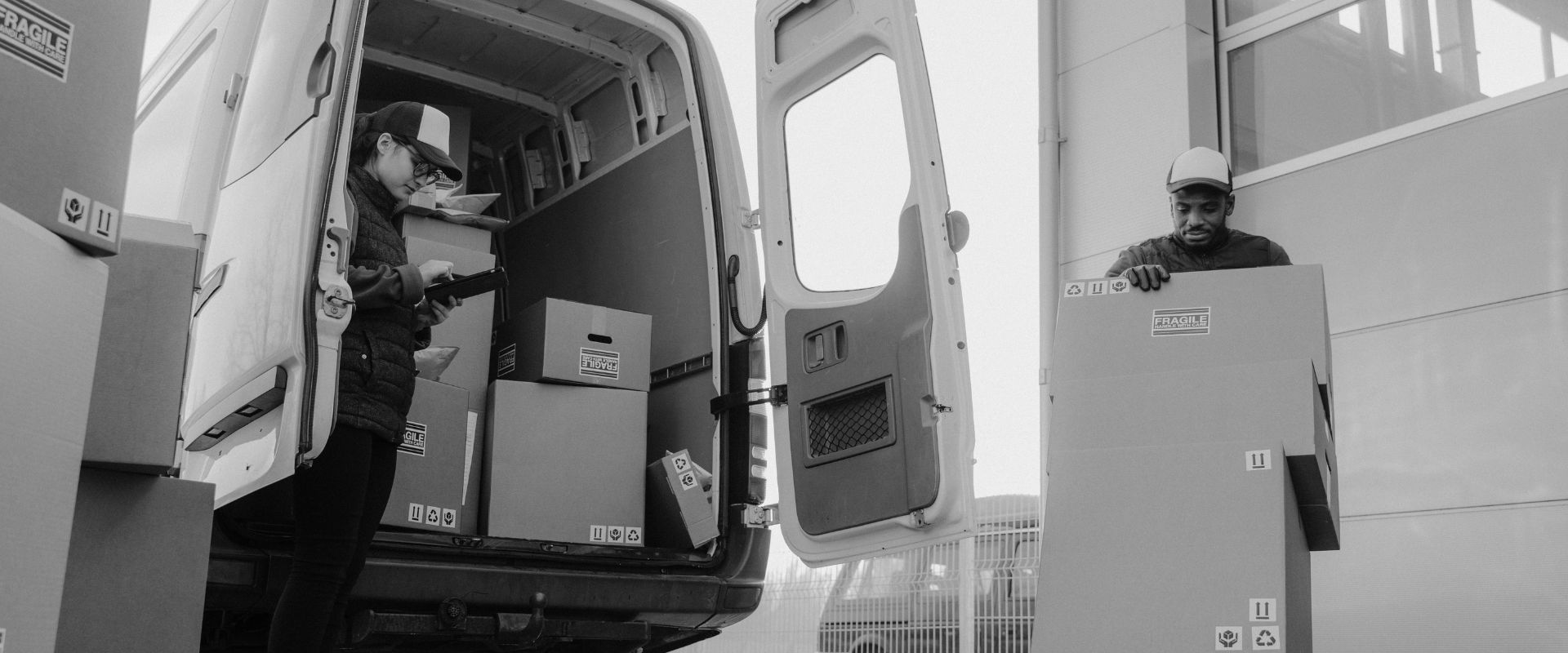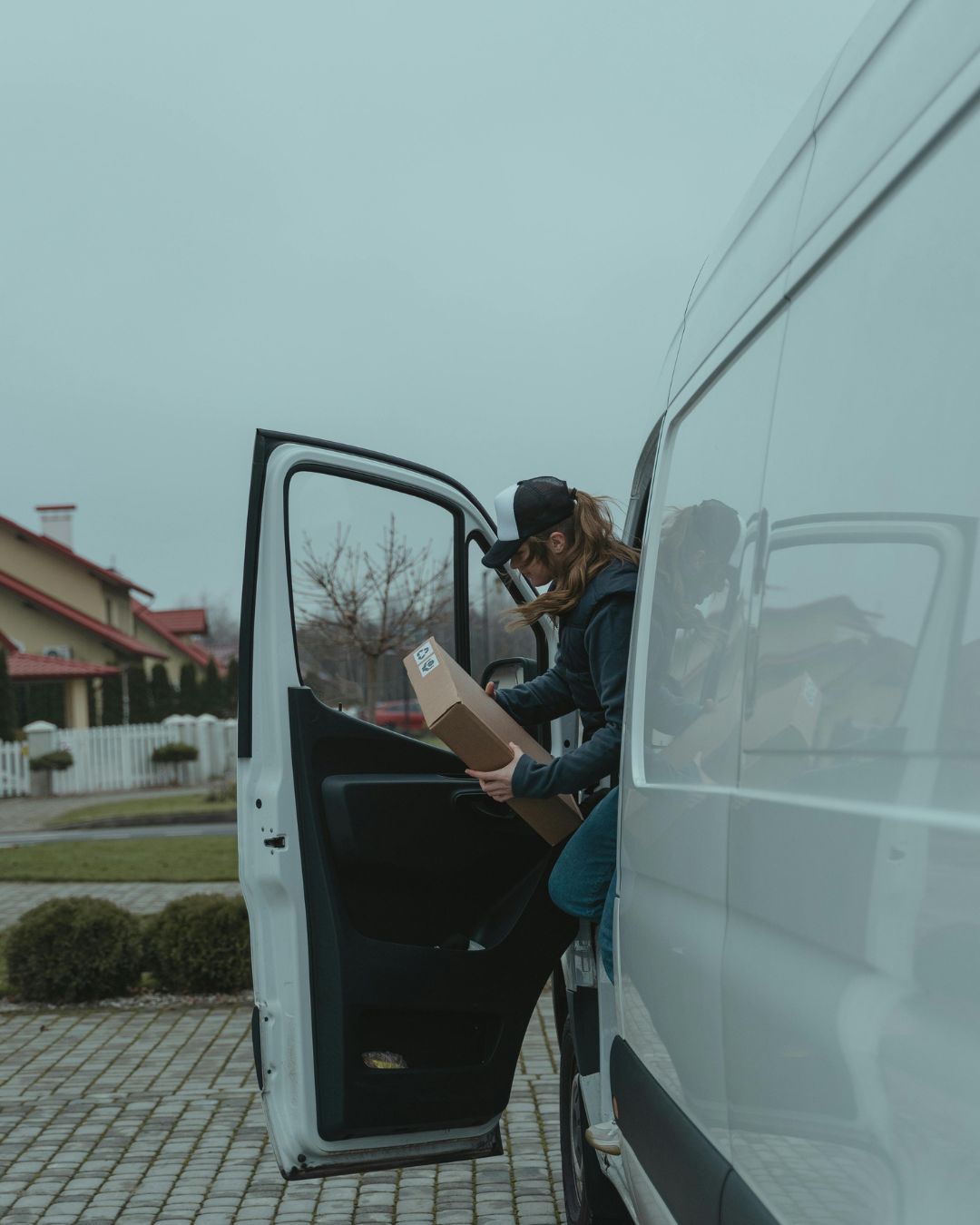As an Australian truck driver, whether you’re a long-haul professional or a local delivery driver, insurance is crucial in safeguarding both your livelihood and your vehicle. The road can be unpredictable, and accidents or unforeseen events can happen at any time, making the right insurance coverage essential. In this article, we’ll explore the different types of truck insurance available to Australian drivers, as well as some key tips on how to ensure you have the right cover.
Understanding Truck Insurance
Truck insurance is designed to protect your vehicle and business against risks on the road. It’s essential for both owner-operators and companies who rely on trucks for business purposes. In Australia, there are several types of truck insurance, each offering varying levels of protection. Understanding these options will help you choose the right coverage for your needs.

1. Compulsory Third Party (CTP) Insurance
Compulsory Third Party (CTP) insurance is mandatory for all vehicles in Australia, including trucks. This insurance provides coverage for injuries caused to other people in an accident you are deemed responsible for. However, CTP does not cover your own injuries or damage to your vehicle. While it’s a legal requirement, CTP alone is insufficient for full protection, especially for truck drivers.
Key Tip: Always ensure your CTP insurance is up to date, as it is necessary for registering your vehicle.
2. Third Party Property Damage Insurance
Third Party Property Damage insurance covers any damage your truck causes to other people’s property. This includes damage to other vehicles, buildings, or road infrastructure. This policy does not cover damage to your own truck or injuries to yourself or others in your vehicle.
Key Tip: While this insurance helps with property damage, it’s not a complete solution. Depending on the value of your truck, you may need additional coverage.
3. Comprehensive Truck Insurance
Comprehensive insurance provides the highest level of protection. It covers damage to both your vehicle and others in the event of an accident, as well as protecting you from theft, fire, and vandalism. It also covers damage caused by natural disasters such as storms, floods, or bushfires.
Comprehensive coverage typically includes protection for your goods while in transit, which is particularly beneficial for truck drivers who transport cargo.
Key Tip: If your truck is vital to your business, comprehensive insurance is the best option. It provides peace of mind knowing that your vehicle and cargo are covered from a wide range of risks.
4. Fire and Theft Insurance
Fire and Theft insurance covers damage or loss caused by fire or theft. This policy is more affordable than comprehensive insurance but provides less protection overall.
Key Tip: If you only want to protect your truck from fire or theft and don’t need coverage for accidents or natural disasters, this might be a cost-effective option. However, it’s important to weigh the risks of not having full coverage.


5. Truck Trailer Insurance
If your truck uses a trailer for transporting goods, you may need specific trailer insurance. This type of cover provides protection for the trailer, whether it’s a flatbed, refrigerated, or another type of specialised trailer. Truck trailer insurance is often added as an extension to your truck insurance policy.
Key Tip: If your truck is frequently hauling a trailer, ensure it is adequately covered to protect against risks related to the trailer’s use, such as accidents, theft, or damage.
6. Goods in Transit Insurance
Goods in Transit insurance protects the cargo you’re carrying. Whether you’re transporting retail products, construction materials, or perishable goods, this insurance ensures that if your goods are damaged, lost, or stolen during transit, you are compensated.
Key Tip: If your truck is used for freight or transportation, goods in transit insurance is a must. It will protect you from the financial impact of lost or damaged goods, which can be costly for both you and your customers.
7. Public Liability Insurance
Public Liability insurance protects you if a member of the public is injured or their property is damaged as a result of your business operations. For truck drivers, this could apply if your truck or cargo causes damage to public property, or if a member of the public is injured while on your premises.
Key Tip: If you own or operate a trucking business, public liability insurance is a crucial safeguard for protecting against third-party claims.


Key Tips for Choosing the Right Insurance
Here are some practical tips to help you select the right cover for your needs.
1. Assess Your Needs Based on Your Business
The type of truck insurance you need largely depends on the nature of your work. For example, if you’re an owner-operator with a single truck, you may not need the same level of coverage as a large fleet operator. Consider factors such as the value of your truck, the cargo you carry, and the areas you travel to when choosing insurance.
2. Compare Insurance Providers
Different insurance providers offer different levels of coverage and pricing. Make sure to shop around and compare policies to find the best deal. Don’t just look at the premium cost; also consider the level of coverage, excess amounts, and any additional benefits, such as roadside assistance or legal protection.
3. Consider the Excess and Premium
The excess is the amount you pay out-of-pocket in the event of a claim, while the premium is the amount you pay for the policy. A higher excess may result in a lower premium, but it also means you’ll pay more if you need to make a claim. Find a balance between the two that works for your budget and risk tolerance.
4. Check for Hidden Exclusions
Ensure that you read the fine print of your policy to understand what’s covered and what’s excluded. Some insurance policies may have exclusions, such as certain weather conditions or restrictions on where you can drive.
5. Review Your Insurance Annually
Your insurance needs may change over time. Make it a habit to review your insurance annually to ensure that it still meets your needs. If you’ve upgraded your truck or changed the nature of your work, your insurance policy may need to be adjusted.
Conclusion
Take the time to assess your needs, compare policies, and ensure you have the appropriate coverage to safeguard your vehicle, cargo, and livelihood. By following these tips, you can make informed decisions and stay protected on the road.
Ready to protect your truck and livelihood with the right insurance? GET A FREE QUOTE today and find cover that suits your needs and budget.
Frequently Asked Questions
What types of Commercial Vehicle insurance do I need?
The type of Commercial Vehicle insurance you need depends on your business operations. Common coverages include public liability, trailer in control, carriers cover (for your cargo), downtime cover, and comprehensive Commercial Vehicle insurance. Our team can help you choose the right policies for your needs.
How quickly can I get covered?
We can arrange same-day coverage in most cases. Simply fill out our quote form, and we’ll compare insurers for you. Once you choose your policy, you’ll receive your documents via email.
Are there flexible payment options available?
Yes! We offer flexible payment plans, including monthly and fortnightly payment options, to suit your budget.
What should I do if I need to make a claim?
You can lodge a claim 24/7 through our claims service. Simply contact us, and we’ll guide you through the process to get repairs or replacements as quickly as possible.
Can I insure multiple Commercial Vehicles under one policy?
Yes! We offer fleet insurance options for businesses that need to cover multiple Commercial Vehicles under a single policy for convenience and cost savings.
